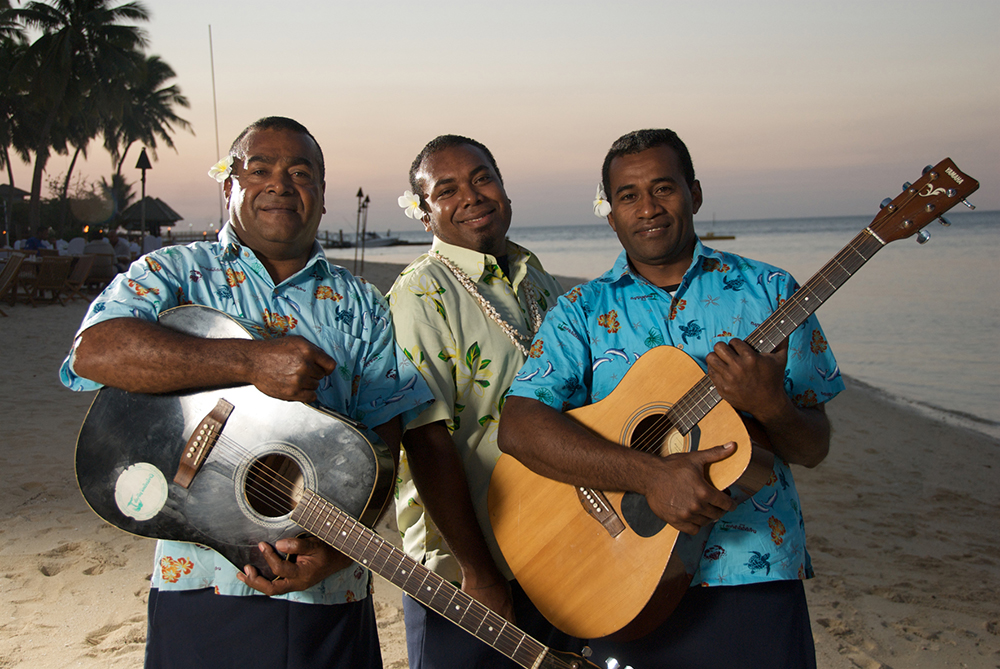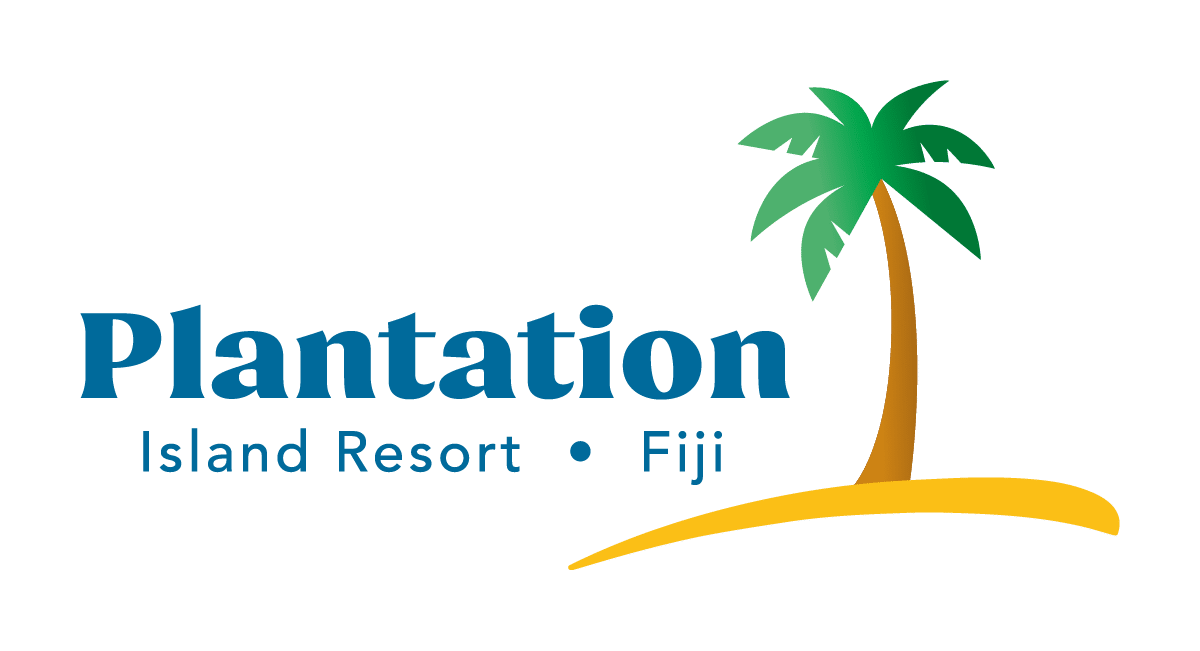
When you go on holiday to a country where the main language isn’t your first – and if you’re reading this, your first language is probably English, so this happens a lot! – it’s a great idea to learn some words or phrases in the language of the native people. It helps you to avoid any communication mishaps, as well as connecting more deeply to the country and the people you’re visiting. Who knows, you may even make some new friends or learn some tips you otherwise would have missed! Here are some phrases that might come in handy when you stay with us – it’s time to learn some Fijian!
“Bula” – this is a word with many meanings. It means welcome, good morning, or good afternoon. It is also an informal way of saying hello, and an exclamation made when drinking, like Cheers! If you want to use it a little more formally, you can say “Ni sa bula.” If you want to say good evening, you can say “Moce” or “Ni sa moce”.
“Vacava tiko?” – How are you?
“Sa bulabula vinaka tiko” – This is a response to “How are you?” It means something like “I’m well, thank you.”
“Ia bula”/”Ia ni bula” – Nice to meet you
“Vanuinui vinaka ki na siga ni kua” – Have a nice day!
“Tulou”/”Jilou” – like the English “Pardon” or “Excuse me”, these are used when you want to excuse yourself or apologise for invading space.
“Ni vosota sara”/”Ni vosoti au” – these are more general ways to apologise.
And if you want to learn any more Fijian while you are here, you can ask “Na cava na kena vosa vakaviti ni …?” which means “How do you say … in Fijian?”
So many people in Fiji are friendly and happy to help, so bust out your confidence and practice some Fijian with the locals!



